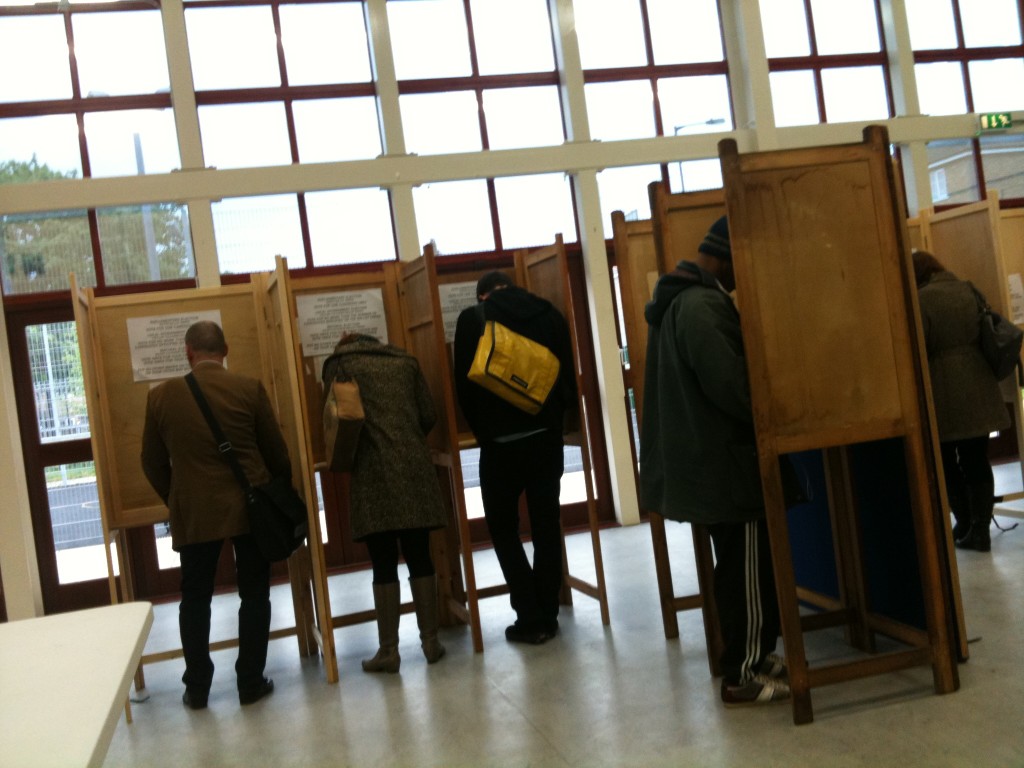With polls suggesting that the votes we cast tomorrow will result in a hung parliament, the political parties are fighting for every single voter to support them… at least, every single adult voter. Young voters have been neglected by political parties in this general election campaign. Why are young people neglected by politicians in the north east and elsewhere? And can it change?
There are several challenges to mobilising the “youth vote”. Young people have traditionally been the least likely to register to vote. Before the change in electoral registration young people tended to be registered by their parents if they were living at home or by their university if they were at university. With the change to individual registration many were worried that young people would be left out from the electoral register and therefore also miss out on the opportunity to vote.
Young people are also the least likely to vote. Whilst turnout has been in decline among the whole adult UK population for many years, turnout among young people has always been lower and has decreased faster than among older people. And young people are the most alienated from the formal political system. They are the least likely to feel they know how politics works and trust that the political system and politicians can represent their interests.
These challenges paint a pretty bleak picture of the future of politics. These disengaged and disenchanted young citizens are the ones who will (or won’t) participate in and run the system in the future. So what can be done?
To begin, our political parties need to see young people as voters. It’s classic chicken-and-egg, where young people are not likely to vote because they don’t see any politicians talking about the things they care about. But the reason politicians don’t talk to them is because they are not likely to vote. A recent opinion poll by the British Youth Council (BYC) shows a different picture though, where they found that among 18-24 year olds in their sample 80% said they had registered to vote, and 6 out of 10 people said they intended to vote. It’s time politicians realised the potential of this part of the electorate who are just waiting for someone to take them seriously.
Our political parties need to talk about issues that matter to them. Young people have been hit hardest by welfare cuts, youth unemployment is high, young people have lower wages than adults and they cannot get on the housing ladder but are stuck in private renting. Little wonder Labour leads in the BYC poll of young people and the Greens are second; both parties have launched a youth manifesto. Other political parties can take these issues seriously as well. There needs to be greater competition among the political parties for the youth vote.
And there’s also something the rest of us can do – ditch the political moaning. Young people’s disengagement doesn’t come from nowhere. Adults have been leading the trend of disenchantment with political parties. If we keep on moaning about politics and neglect to talk about the importance of the vote, the importance of our democratic system and how every citizen has their right to be heard, we risk alienating the next generation entirely. It’s our responsibility to ensure that politics is something that matters to them.
Dr Emily Rainsford is a research associate at Newcastle University, working on youth politics, political participation, youth unemployment and has worked with Demos and Bite the Ballot on the Verto voter advice tool. You can follow her on Twitter.
Do you agree that young voters haven’t been taken seriously enough during this general election campaign? Tell us in the comments section below – by clicking on the little speech bubble.
(Views expressed on our website and in our magazines and emails are not necessarily endorsed by Northern Correspondent.)

